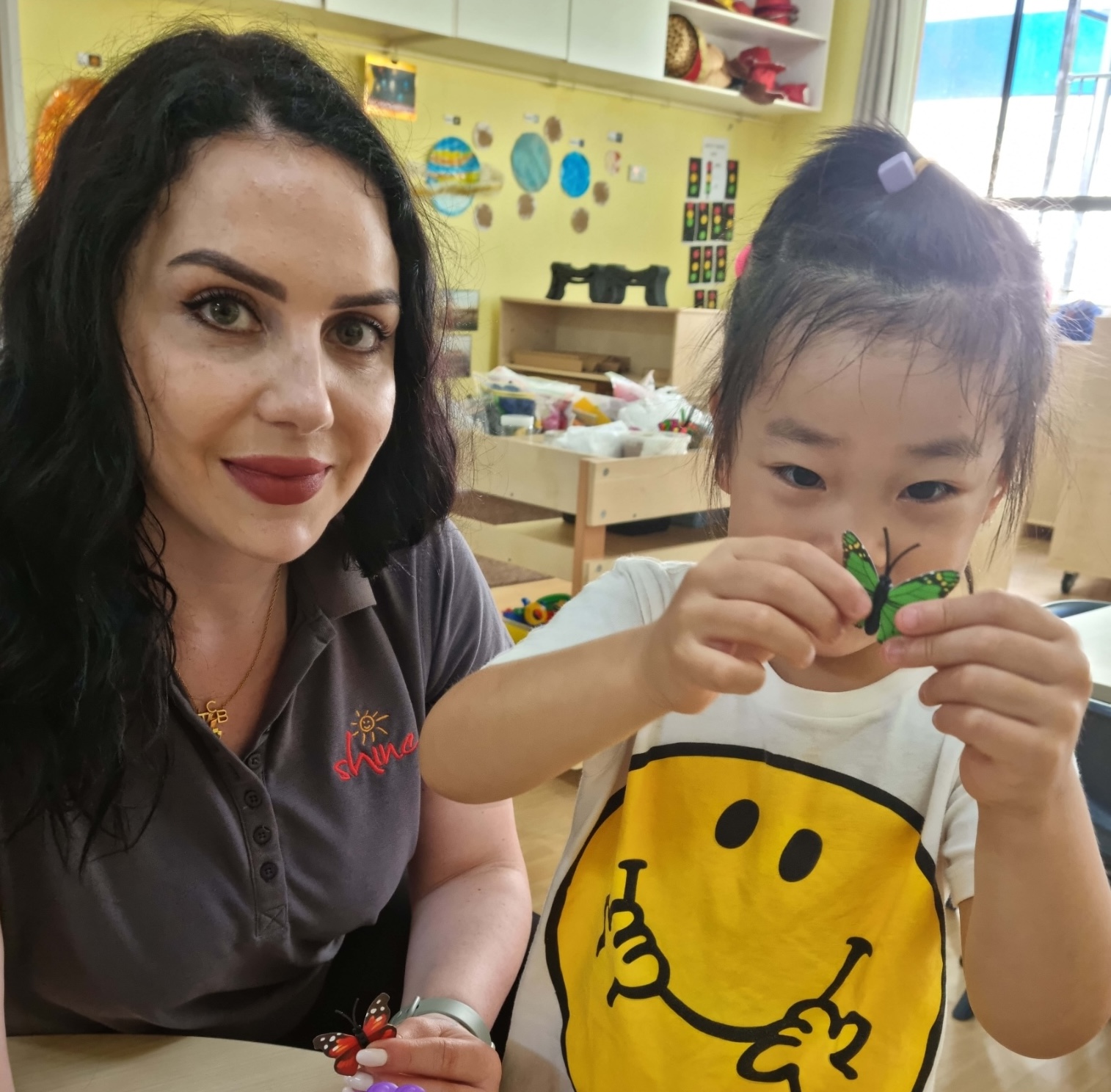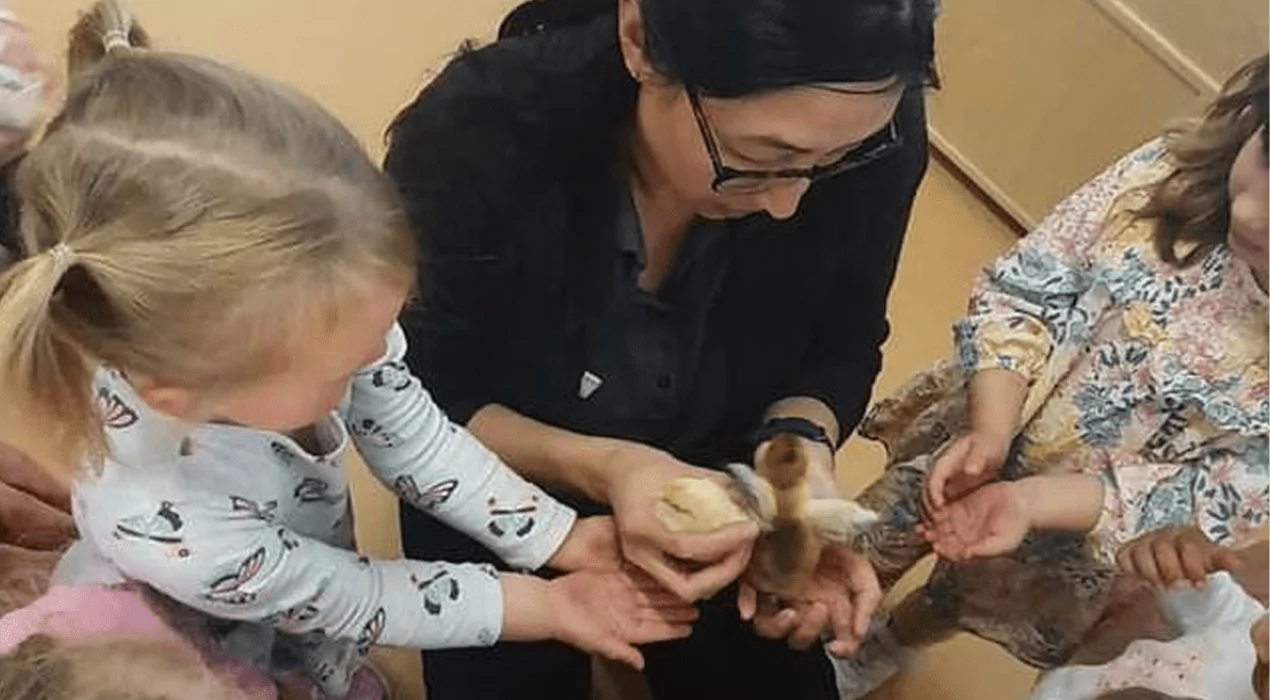As the world evolves, so does the importance of early childhood education. The role of educational leaders has become increasingly significant in shaping the future of our children. But what exactly does an educational leader role entail?
Dive into the world of educational leadership and discover the key responsibilities, essential skills, and impact these leaders have on children’s learning outcomes.
Join us as we explore the role of educational leaders at Shine Preschool Carlingford and how they create a nurturing environment for children, families, and educators alike.
Key Takeaways
- Educational leaders are responsible for leading and developing early childhood education services to ensure the best possible learning outcomes for children.
- Essential skills and attributes include knowledge of early childhood education, communication, empathy, adaptability and professional development opportunities.
- Educational leaders play an integral role in creating a positive environment that drives improved learning outcomes for children.
Understanding the Educational Leader Role
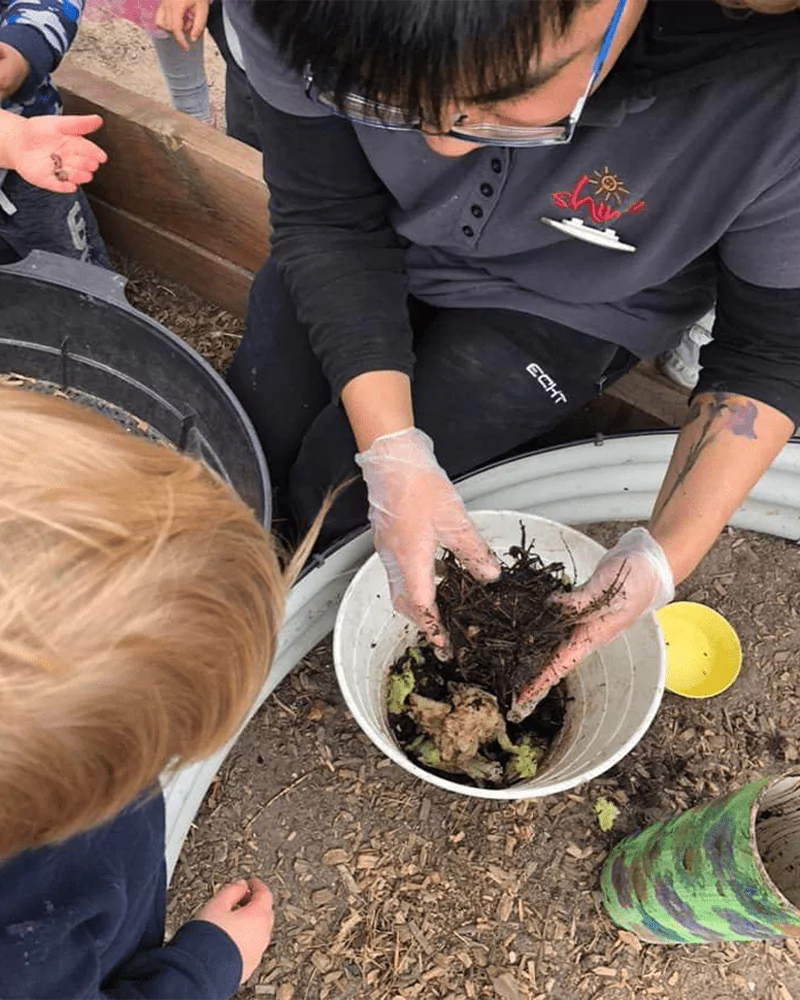
Educational leaders are responsible for the development and implementation of educational programs in the service, which are guided by approved learning frameworks like the early years learning framework.
As experienced educators, they provide curriculum direction, facilitate a professional learning community, and create opportunities for ongoing review and reflection. Their leadership skills enable them to motivate team members and foster a culture of best practice, ensuring that educational outcomes are consistently high.
The success of an educational leader is significantly influenced by professional development. Keeping abreast with industry standards and practices enables them to spearhead continuous enhancement in children’s educational outcomes. This growth mindset not only benefits the educational leader but also the entire early childhood education and care services community.
Key Responsibilities of an Educational Leader
- Creating and executing educational programs
- Aiding educators
- Encouraging ongoing improvement
- Ensuring that the planning cycle is effectively implemented
- Helping educators align with the principles, practices, and learning outcomes of the approved learning frameworks.
Mentoring educators to achieve professional growth is a vital part of successful educational leadership. Documentation plays an essential role in this process, as it allows for:
- the evaluation of educational methods
- the evaluation of practices
- staff evaluations
- staff development
Educational leaders facilitate an ongoing cycle of review, examining current practices, reviewing outcomes, and generating new ideas, fostering a professional learning community.
The Importance of Professional Development
Educational leaders can foster the professional development of their team, including early childhood intervention specialists and other early childhood professionals, by:
- Organising meetings and training sessions
- Enhancing their leadership skills and knowledge in the field of education
- Creating a positive learning environment for children
Enhancing Early Childhood Education at Shine Preschool Carlingford
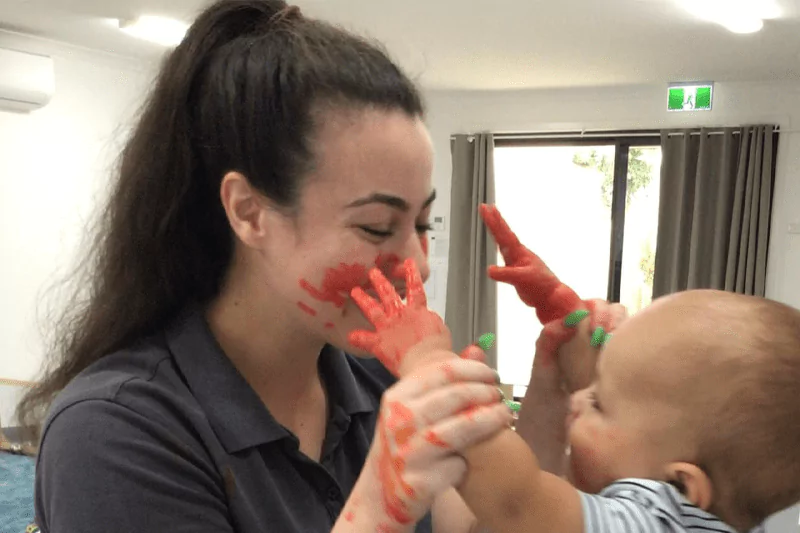
Shine Preschool Carlingford, established in 2007, is dedicated to providing a holistic and inclusive learning environment that fosters each child’s growth and development.
Catering to children aged 6 weeks to school age, Shine Preschool Carlingford offers specialised programs facilitated by early childhood professionals to ensure that individual needs are met, and each child’s curiosity is nurtured.
Beyond the educational programs, our childcare centre in Carlingford also collaborates with child health nurses, ensuring the well-being of children. With a focus on fostering strong community partnerships, they provide a supportive network for children, families, and educators.
Implementing Effective Learning Programs
It is essential to monitor learning programs to ascertain that the learners’ needs are catered to and that the anticipated results are being accomplished. This allows educational leaders to identify areas for improvement and ensure that the program is being properly implemented, ultimately benefiting the children’s learning experiences.
Supporting Educators and Staff
At our Carlingford centre, educational leaders prioritise the support of educators and staff, offering guidance, mentorship, and encouragement to foster their success in their positions.
To ensure all educators and staff members understand expectations and are informed about any changes in direction, effective communication is vital. Various measures can be implemented to support educators and staff, such as:
- Providing professional development opportunities
- Attentively listening to their issues
- Allocating time for self-reflection and adaptation
- Encouraging open dialogue
- Fostering a strong sense of community
This support helps educators excel in their roles and ultimately enhances the learning environment for children.
Building Strong Community Partnerships
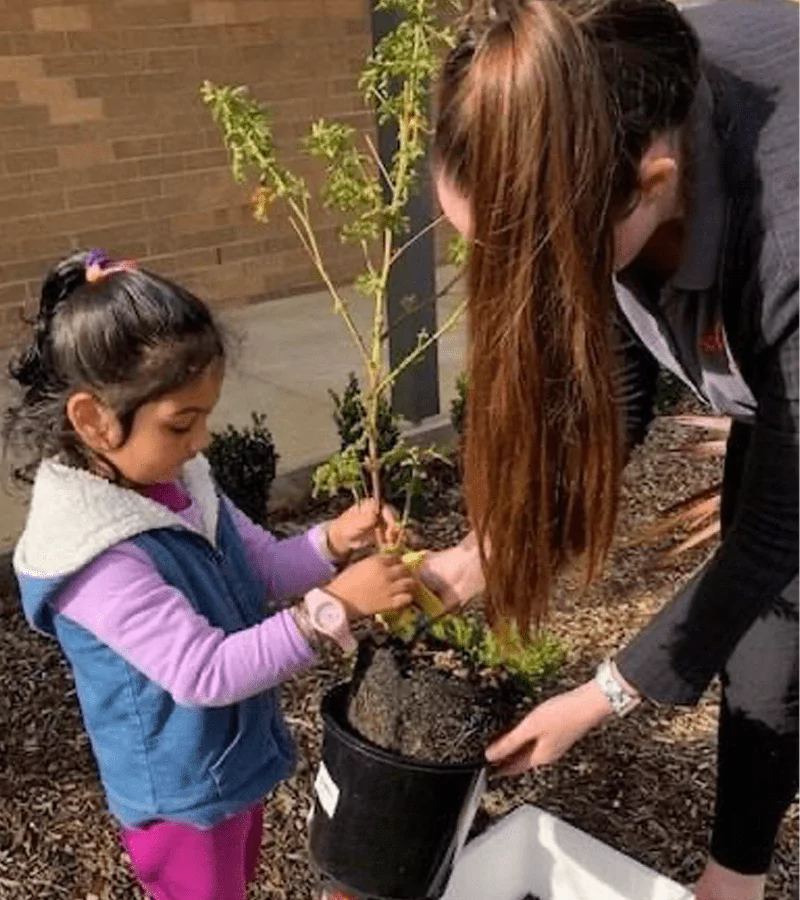
These partnerships not only promote a more nurturing atmosphere for students, parents, and teachers but also grant access to resources and assistance that may not be readily available within the school. Moreover, strong community partnerships can cultivate a sense of belonging and connection to the school and the community, enhancing the overall educational experience.
Essential Skills and Attributes for Educational Leaders
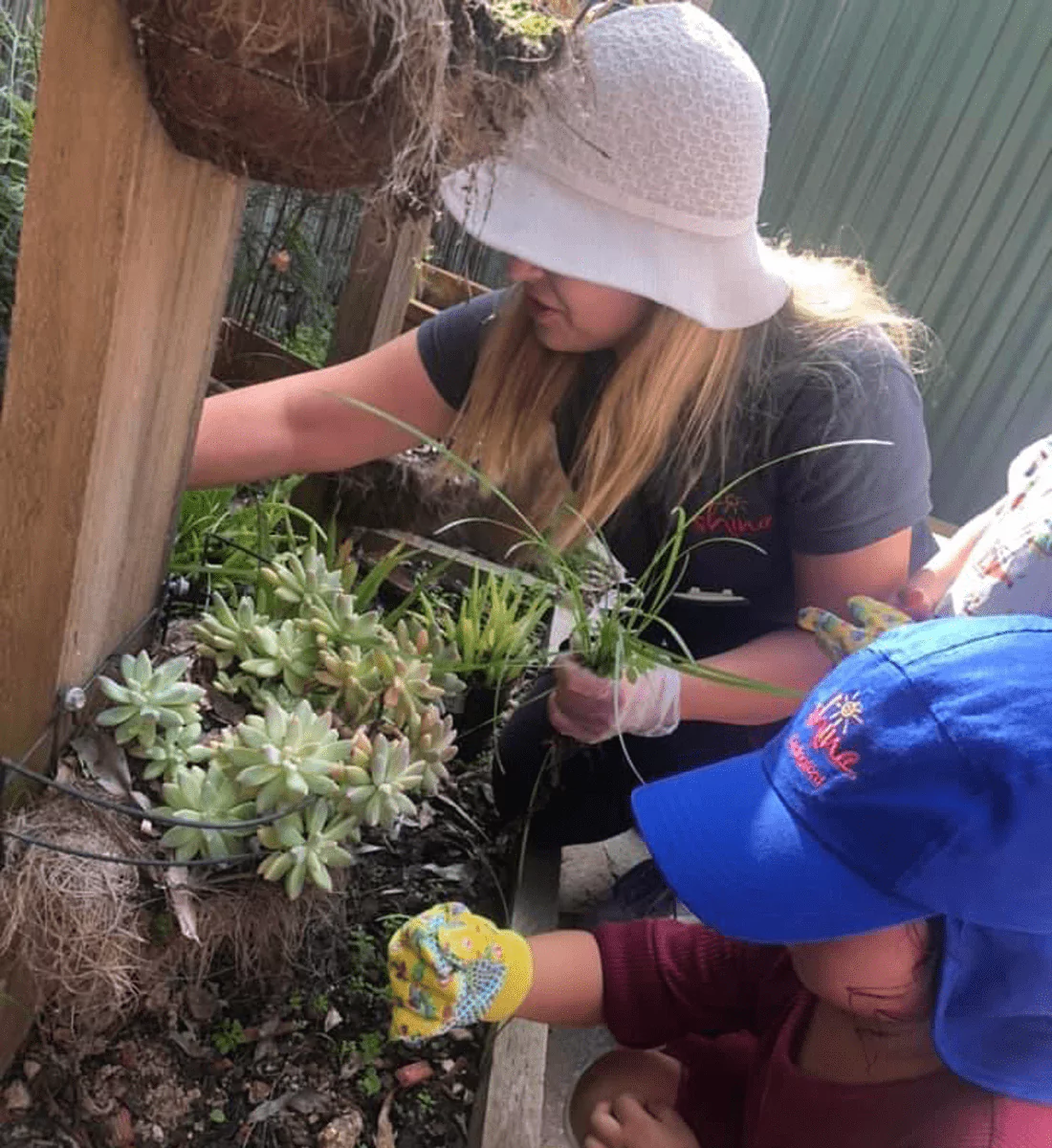
For educational leaders, a thorough understanding of early childhood education is indispensable. This knowledge encompasses:
- an understanding of child development
- the creation of engaging learning environments
- the implementation of age-appropriate curriculum
- the fostering of social-emotional skills
- the support of children’s overall well-being.
Knowledge of Early Childhood Education
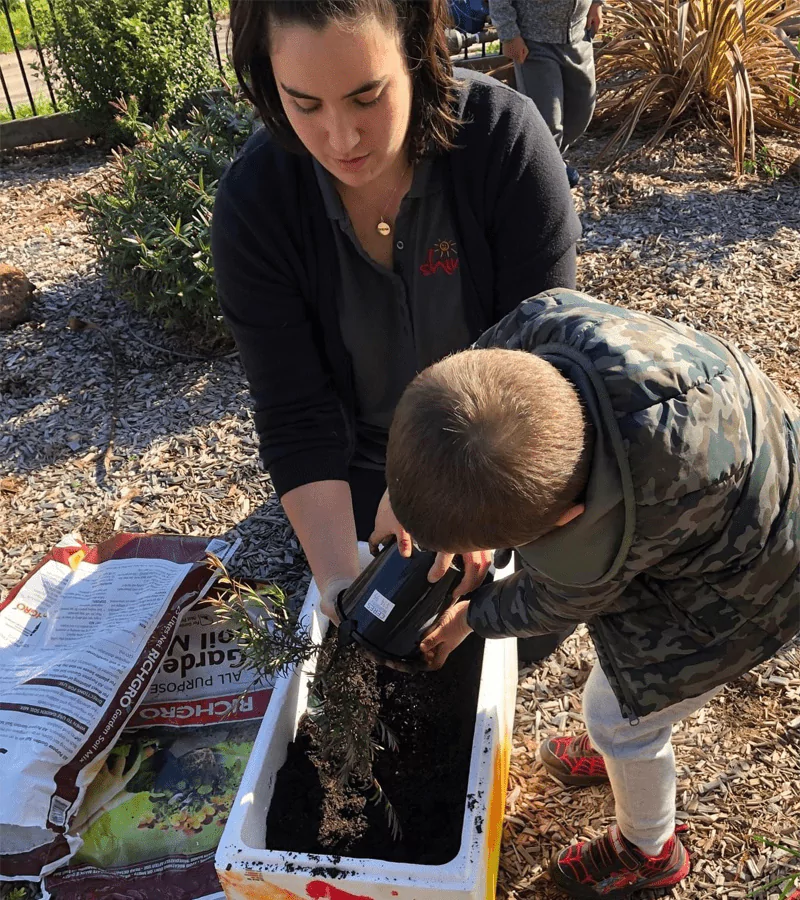
- Devise and implement effective learning programs
- Assist educators in their roles
- Create a positive learning environment
- Ensure that children receive the highest quality education possible.
An understanding of early childhood education encompasses a wide range of topics, including:
- Child development
- The creation of engaging learning environments
- The implementation of age-appropriate curriculum
- The fostering of social-emotional skills
- The support of children’s overall well-being
This knowledge is vital for educational leaders to excel in their roles and effectively guide their team, making it an essential educational leader resource.
Soft Skills for Effective Leadership
Educational leaders need soft skills like communication, empathy, and adaptability to successfully guide and support their team. These skills enable them to foster a positive organisational culture and create a nurturing environment for both educators and children.
Educational leaders must possess the following skills:
- Strong communication skills to convey expectations clearly and keep staff members informed of any changes in direction
- Empathy to understand and address the concerns of their team
- Adaptability to respond to changing circumstances and continually improve educational programs
These soft skills are critical for educational leaders to excel in their roles and create a positive learning environment for children.
The Impact of Educational Leaders on Children’s Learning Outcomes
Educational leaders significantly influence children’s learning outcomes. They create a positive learning environment, support educators, and drive continuous improvement in early childhood education, thereby ensuring the delivery of the highest quality education to children.
To witness the effect an educational leader can have on a child’s learning journey, book a free tour at Shine Preschool Carlingford. Our dedicated team of educational leaders and staff are committed to providing the best possible learning experience for your child.
Summary
Educational leaders play a crucial role in early childhood education, providing guidance, mentorship, and support to educators and staff. Their knowledge of early childhood education and essential soft skills enable them to create a positive learning environment, drive continuous improvement, and ultimately enhance children’s learning outcomes.
Our centre in Carlingford exemplifies the impact that educational leaders can have on children’s learning experiences. Their commitment to providing a holistic and inclusive learning environment, along with strong community partnerships, ensures that each child’s needs are met, and their curiosity is nurtured. It is the dedication and passion of educational leaders that make a difference in the lives of children, families, and educators alike.
For more information about preschool vs daycare you can also check our latest blog!
Frequently Asked Questions
Surgeons, doctors, and other individuals can be educational leaders if they pursue academia. Educational leaders often employ a patient and family-centred approach to teaching medical residents.
What is the significance of professional development for educational leaders?
Professional development is crucial for educational leaders to stay abreast of industry standards and practices, thus providing the best quality education for students.
What essential skills and attributes are necessary for educational leaders?
Educational leaders must possess broad knowledge and essential soft skills, such as leadership attributes and qualities, in order to effectively lead educational organisations.

